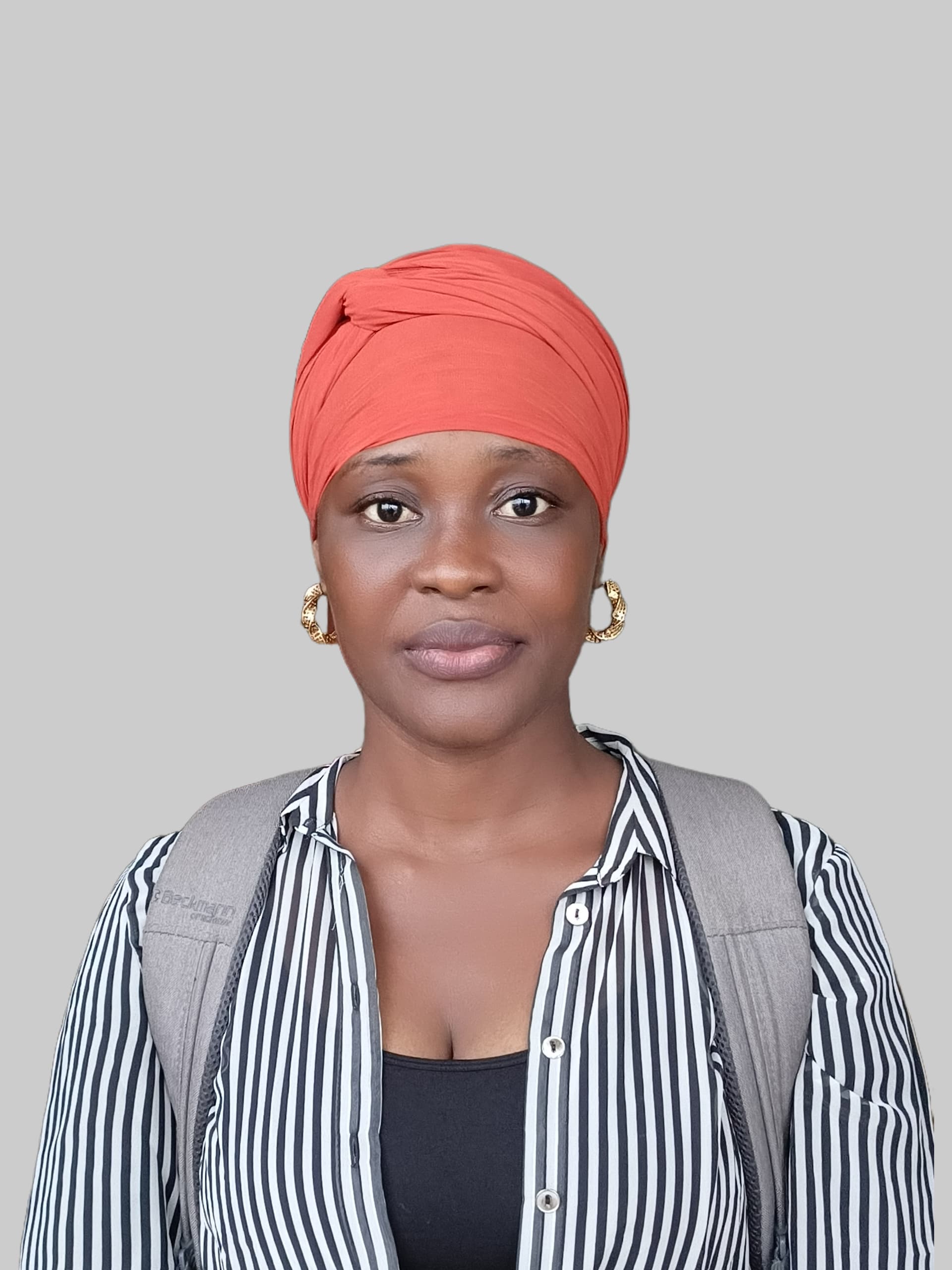As a member of the RMS team, Sabi Sika Madaniatou works closely with researchers to support them in the design, implementation and monitoring of their research projects.
With a background in mathematics and statistics, she is particularly passionate about promoting science among young girls. Convinced of the importance of mathematical education in empowering women, she is actively committed to sparking girls’ interest in scientific disciplines. With this in mind, in 2017 she participated in a joint project between J-PAL and IREEP, teaching mathematics to female students. This experience reinforced her commitment to equal opportunities in access to science education.
Continuing this commitment, this year she is part of the organising team for Maths Camp in Benin, an educational event designed to introduce young people to the beauty and usefulness of mathematics through fun activities, workshops and collaborative projects.
What is the most interesting project or problem you are currently working on?
I am currently assisting a student with his research on the analysis of the urban waste value chain. My support has focused in particular on detecting and correcting anomalies in the data, such as the use of accented characters in variable names, which is problematic for statistical software, the presence of outliers, and inconsistencies in waste volumes. For example, some quantities of waste transported by carts exceed those recorded for trucks, suggesting data entry or estimation errors. These findings have led to plans for a new phase of data collection. I find it rewarding to see that my support in data processing and validation can make a real difference.
What is the most difficult project or problem you are currently working on?
The main challenge I face is mapping the actors involved in waste management. The lack of accurate geographical data on the municipalities and neighbourhoods needed to establish synergy between the actors complicates this work considerably. This information was not collected during the data collection phase so we have to find different ways to represent the information.
What social issue is closest to your heart?
The social issue that is particularly close to my heart is promoting a love of science among girls, as they remain under-represented in this field today. From an early age, many cultural and educational stereotypes discourage their interest in science and technology. My wish is to help change this dynamic by encouraging young girls to believe in their potential, to freely pursue scientific careers, and to break down the barriers that limit their access to these fields, which are essential for the future of our societies.
Why did you choose to work at IDEMS?
I chose IDEMS because it fully meets my expectations in terms of research and learning. IDEMS offers a stimulating environment where training is continuous and integrated into everyday life. Every day is a new opportunity to learn, exchange ideas and develop skills, both scientifically and personally. It is this dynamic of constant improvement and knowledge sharing that particularly attracted me to IDEMS.
Where do you live?
I am originally from Benin and I live in Benin (Cotonou). I am proud to come from a country with a rich cultural heritage and remarkable spiritual diversity.

